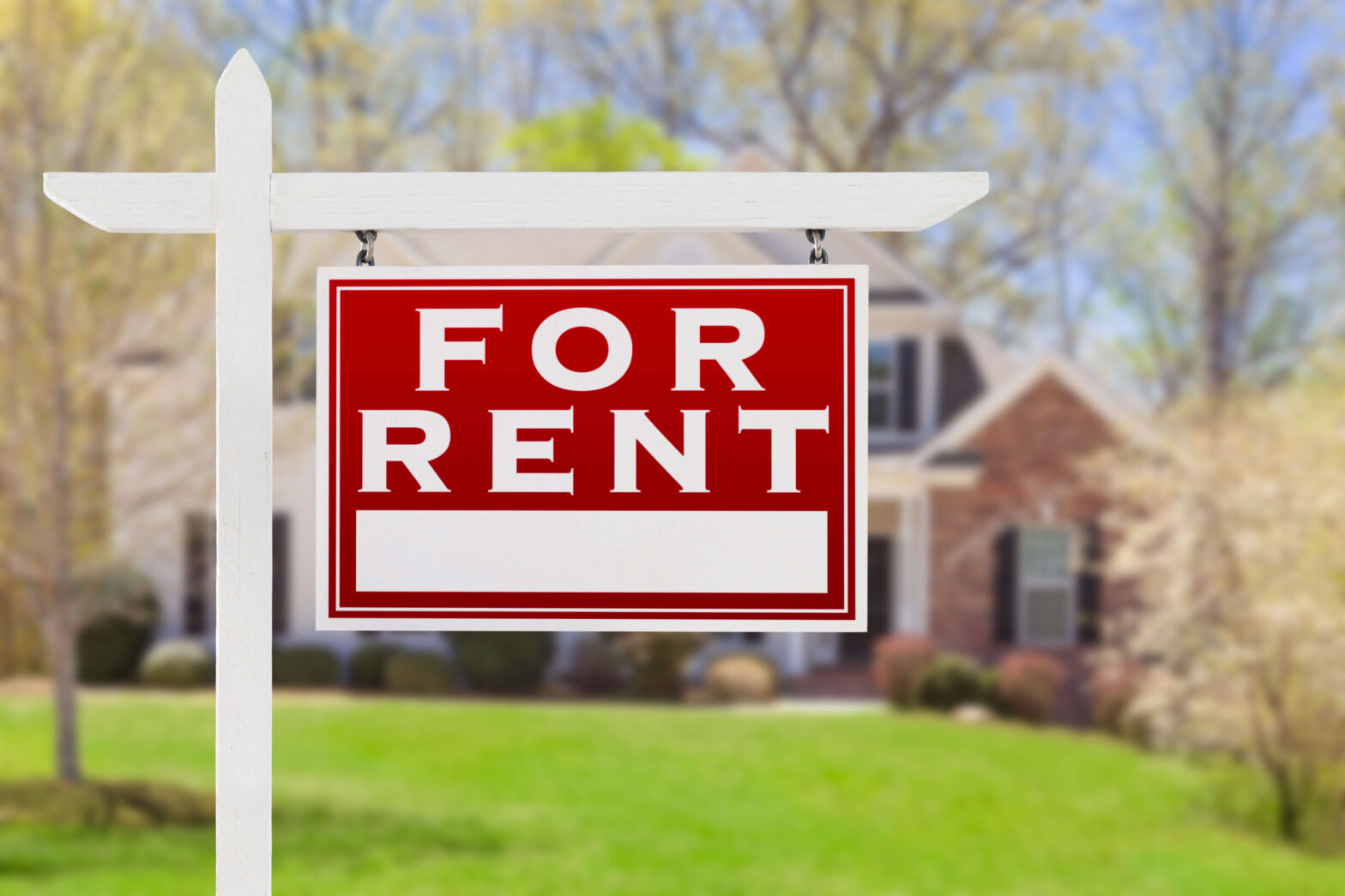Is a Rental Property Considered a Business? Understanding Your Rental Operation and Its Protection
August 2, 2023
“Is a rental property considered a business?” is a frequently asked question. If you have a consistent source of income, you’re not just a property owner; you’re a business owner.
Let’s dive in a bit deeper. A rental property falls into the business category the moment you begin to earn money from it. Whether you’re dealing with advertising, tenant screenings, maintenance, or financial matters, these regular activities characterize a business. In the eyes of the IRS, you’re operating a real estate business, regardless of the scale.
The Significance of Treating Your Rental Property like a Business
A powerful advantage of viewing your rental property as a business is the tax benefits. Business owners are allowed to write off certain expenses – think along the lines of mortgage interest, property tax, maintenance costs, and depreciation. However, it’s not just about taxes.
Seeing yourself as a business owner rather than just a landlord can change your decision-making process. It might inspire you to adopt certain protocol and processes for better business management. Imagine having a streamlined procedure for vetting potential tenants or a regular schedule for property upkeep.
Shielding Your Business: The Role of Adequate Insurance
Now, let’s talk about protecting your rental business – where insurance plays a vital role.
The truth is, standard homeowners’ insurance may not cover you for problems arising from renting out your property, like tenant-inflicted damage or income loss due to property repair. Here’s where a landlord’s insurance policy comes into play.
Landlord insurance typically covers three key areas. The first is property damage, protecting against losses from fire, theft, vandalism, or certain types of natural disasters. Next, liability coverage is essential in case a tenant is hurt on your property. Finally, the loss of income coverage comes to your rescue if your rental property becomes uninhabitable due to an insured loss, compensating for the lost rental income.
Summing Up
In a nutshell, owning a rental property is far from passive – it’s an active business that demands strategic thinking, proactive management, and risk mitigation. Recognizing your rental property as a business can provide an enriched perspective on your landlord responsibilities, emphasizing the need for comprehensive insurance coverage. So, step into the shoes of a business owner and fortify your rental property for success and sustainability.
Resources for Landlords:
